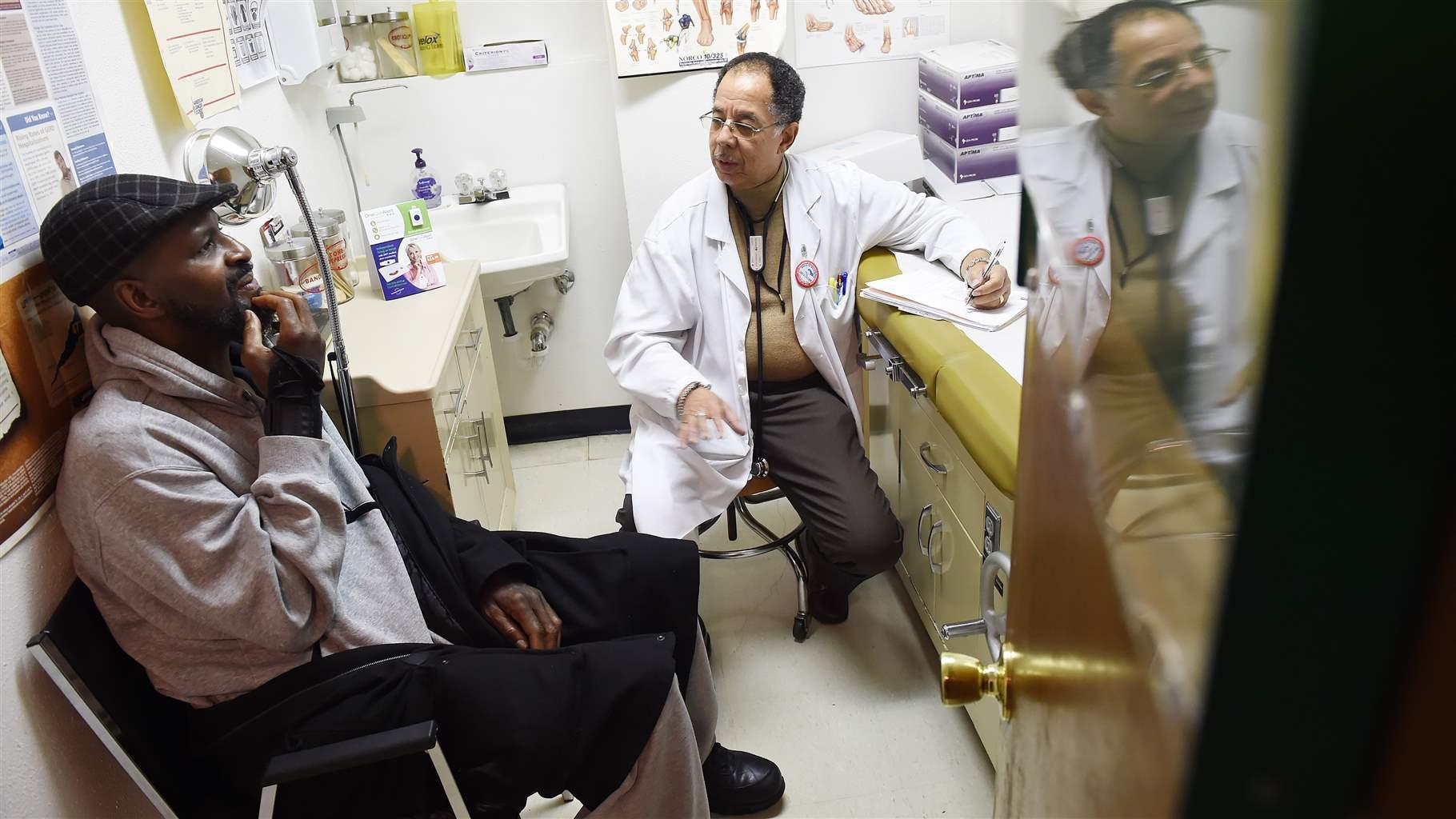New Medicare Benefit Will Grant Beneficiaries Access to Opioid Use Disorder Treatment
Available therapies include counseling and FDA-approved medications

Medicare recipients may often be overlooked in conversations about tackling the opioid crisis, but they are the fastest-growing group of patients with opioid use disorder (OUD), increasing by 377 percent in the past decade. Furthermore, in 2017 the death rate from drug overdose among those 65 and over was 6.9 per 100,000 people, more than 2.5 times what it was in 1999, according to the Centers for Disease Control and Prevention.
Most people ages 65 and older, as well as younger individuals with a long-term disability, are eligible for Medicare, the federal health insurance program. Fortunately, more of these eligible individuals are seeking treatment for substance use disorder. From 2017 to 2018, the number of Medicare beneficiaries receiving Food and Drug Administration (FDA)-approved medications for opioid use disorder increased by 22 percent. Additionally, the number of beneficiaries receiving prescriptions for naloxone—the opioid overdose reversal drug—through Medicare Part D more than doubled in the same time span.
Still, treatment isn’t always accessible to those who need it. Despite the number of beneficiaries with OUD, Medicare has not paid for outpatient OUD treatment with methadone, one of the three FDA-approved medications to treat the disorder. But new Medicare benefits aim to change that. Last year, President Donald Trump signed the SUPPORT for Patients and Communities Act, bipartisan legislation to address the nation’s growing opioid crisis and reduce overdose deaths. A provision in the SUPPORT act requires that beginning Jan. 1, 2020, Medicare pay for treatment that patients with OUD receive at opioid treatment programs (OTPs), federally regulated facilities where patients can receive methadone for OUD. Medicare will pay OTPs for services including FDA-approved medications and behavioral health services, such as counseling.
A second provision from SUPPORT directs the Centers for Medicare and Medicaid Services to establish a new bundled payment structure for Medicare beneficiaries receiving OUD services. The bundle will support clinicians prescribing medications for OUD and cover the patient’s overall care management, care coordination, and behavioral health services, such as counseling.
Together, these new benefits will allow patients to receive care in the most appropriate setting and help to expand the availability of treatment for OUD. As the opioid crisis evolves, treatment for Medicare recipients must be a priority. These benefits are a crucial step in ensuring patients can access the care they need and providing physicians and OTPs with the necessary tools to deliver that care.
Beth Connolly directs The Pew Charitable Trusts’ substance use prevention and treatment initiative.








